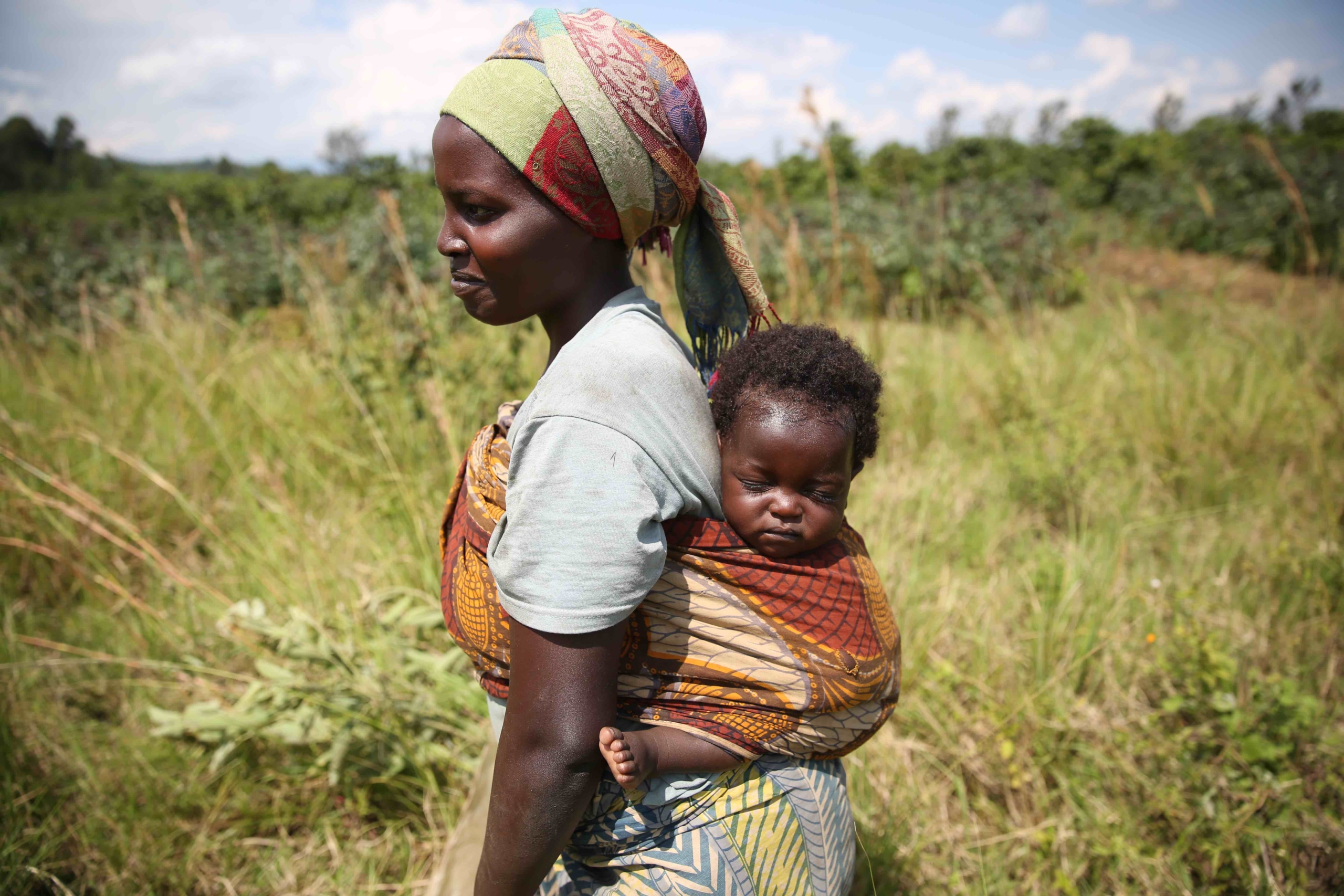Addressing Maternal Mortality: Global Efforts in DRC
 Maternal mortality remains high in the Democratic Republic of the Congo (DRC), at 620 per 100,000 live births in 2022, despite efforts to reduce the rate drastically. The DRC has the eighth-highest maternal mortality rate in the world and is not on track to reach its 2030 target according to USAID.
Maternal mortality remains high in the Democratic Republic of the Congo (DRC), at 620 per 100,000 live births in 2022, despite efforts to reduce the rate drastically. The DRC has the eighth-highest maternal mortality rate in the world and is not on track to reach its 2030 target according to USAID.
International Involvement: USAID
USAID is one of the biggest donors to the DRC in regard to its health sector. USAID has created a plan not only for the DRC but other nations impacted by high maternal mortality called the Preventing Child Deaths and Maternal Death Framework, taking place over a 7-year course between 2023-2030. The focus areas for USAID are ensuring that the quality of health care is improved through using a primary health care system, targeting the impoverished populations who do not have easy access to health care and ensuring that leaders within communities take accountability for health concerns.
International Involvement: UNICEF
UNICEF has been actively involved in some of the success associated with maternal mortality rates in the DRC for nearly 63 years. Between 2001 and 2018, maternal mortality fell by nearly 40%. UNICEF helps to tackle the issue before it becomes one such as preventing common diseases that mothers tend to face during pregnancy. UNICEF works closely with other international organizations such as Ending Preventable Maternal Mortality (EPMM) to ensure women are visited and checked up regularly during the period of conception and childbirth, those delivering children have the necessary skills to ensure a safe delivery for both the mother and the child and ensuring that postnatal care exists for the mother and the baby.
International Involvement: UNFPA
DRC’s health infrastructure has been damaged by conflict and poverty. The high rates of sexual violence against women also contribute to health complications during childbirth, which could lead to maternal death. As of 2018, 42,000 women were waiting for surgical care in regard to their genital fistulas, which are caused by sexual violence. With the recent internal and external conflicts happening especially in Eastern DRC, more women are in vulnerable positions than ever before.
The United Nations Population Fund, or UNFPA is a U.N. agency that aims to tackle reproductive and maternal health globally. UNFPA has worked in the DRC since 1978. In 2021, UNFPA was able to help provide almost 700 fistula repair surgeries for women. They have provided 6,800 life skill programs for girls and helped prevent 4,932 child, early and forced marriages. UNFPA has continuously supported Congolese women who suffer from different difficult situations that have contributed to maternal mortality.
Many international organizations and agencies have been working in the DRC to help out a vulnerable population who do not get protection from different forms of violence due to poverty and conflict. With continuous and hopefully increased support from other agencies, maternal mortality rates will decrease soon.
– Christelle Wealth-Mukendi
Photo: Flickr
